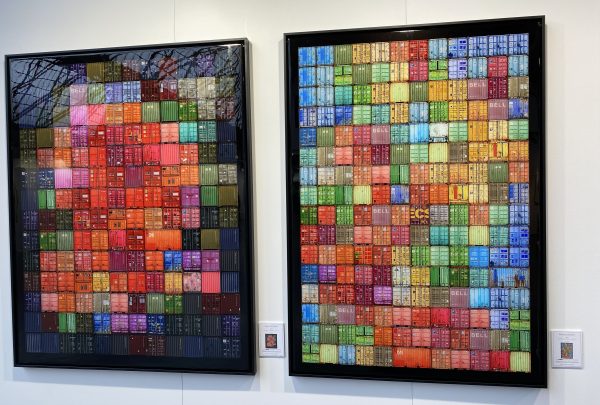Summary terms for the 1990s range from the “global 90s”, the “roaring (again) nineties”, the “fabulous 90s” to the “gay 90s”. After the fall of the Berlin Wall, a new era of reaping the economic benefits of more peaceful times had started. Re-unification or unification of Germany could have unsettled the balance of power on the continent. However, a firm integration into the European project and the withering away of the Cold War on a more global scale allowed economic growth in many countries and even continents. Joseph E. Stiglitz claimed it was the world’s most prosperous decade even. The overly popular view that unrestricted market principles will allow for rapid growth reached huge crowds before the new limits to growth (which were the old ones) and rising imbalances (in trade and among different firm sizes) became clear later on. The outlook of “America in the global ‘90s”, written in 1989 is overly optimistic. Nevertheless, it describes fairly well the almost euphoric view at the beginning of the nineties. “World economic growth will strengthen in the 1990s. Democracy and free markets are on the upswing. U.S. will retain its lead in technology and world trade. Openness to foreign capital, goods, immigrants is key. Budget and trade deficits will continue downward. America is a strong nation getting stronger.” (Kiplinger and Kiplinger, 1989 p.1)
Ten years make a decade, but the retrospective analysis might not make for such a rosy overall image. In other fields of study, many saw the real societal changes in the 90s in the liberation of views on gender. Gay movements and queer studies are on the rise throughout these years. The realisation of “Genders” beyond the male – female, binary vision captures more global attention as well. “Education reform in the ‘90s” (Finn et al. 1992) start to focus more on “higher-order learning skills, expanded methods of student assessment” (Joseph Murphy 1992 p.13) in addition to interdisciplinarity, core curriculum, original source materials and teacher choice. Diversification is high on the agenda, despite slow progress in social matters and high unemployment in many countries at the beginning of the 90s. Capture the peace dividend wherever it seems possible. Rapid globalization was the panacea of the decade; before the iron curtain would come down again 22 years later. The photographic art by Didier Engels (Affordable Art Fair Brussels 2023) reflects the bright and colourful side of globalisation as much as the overload. The 90s made us believe mainly in the bright side of it. 

